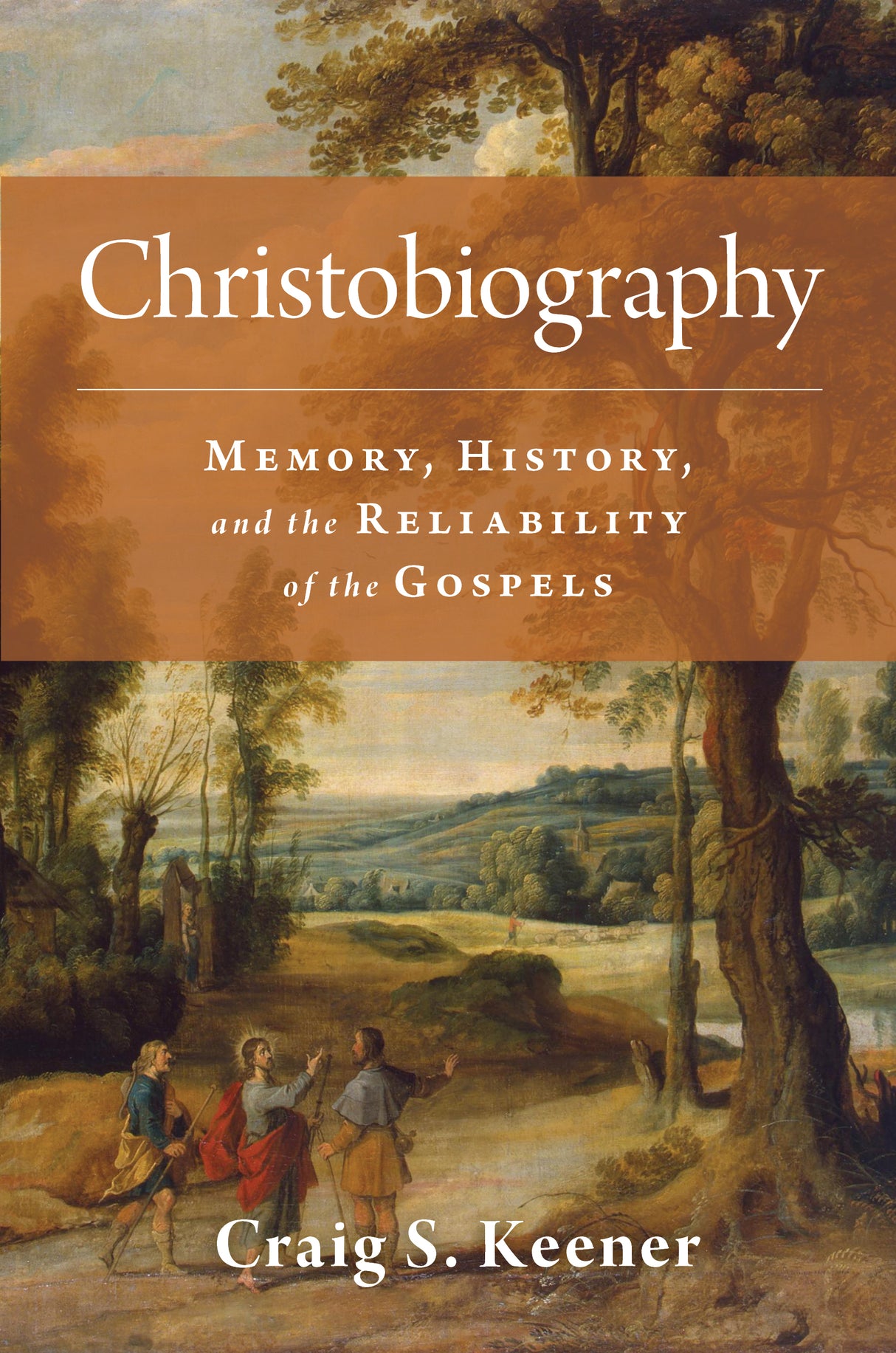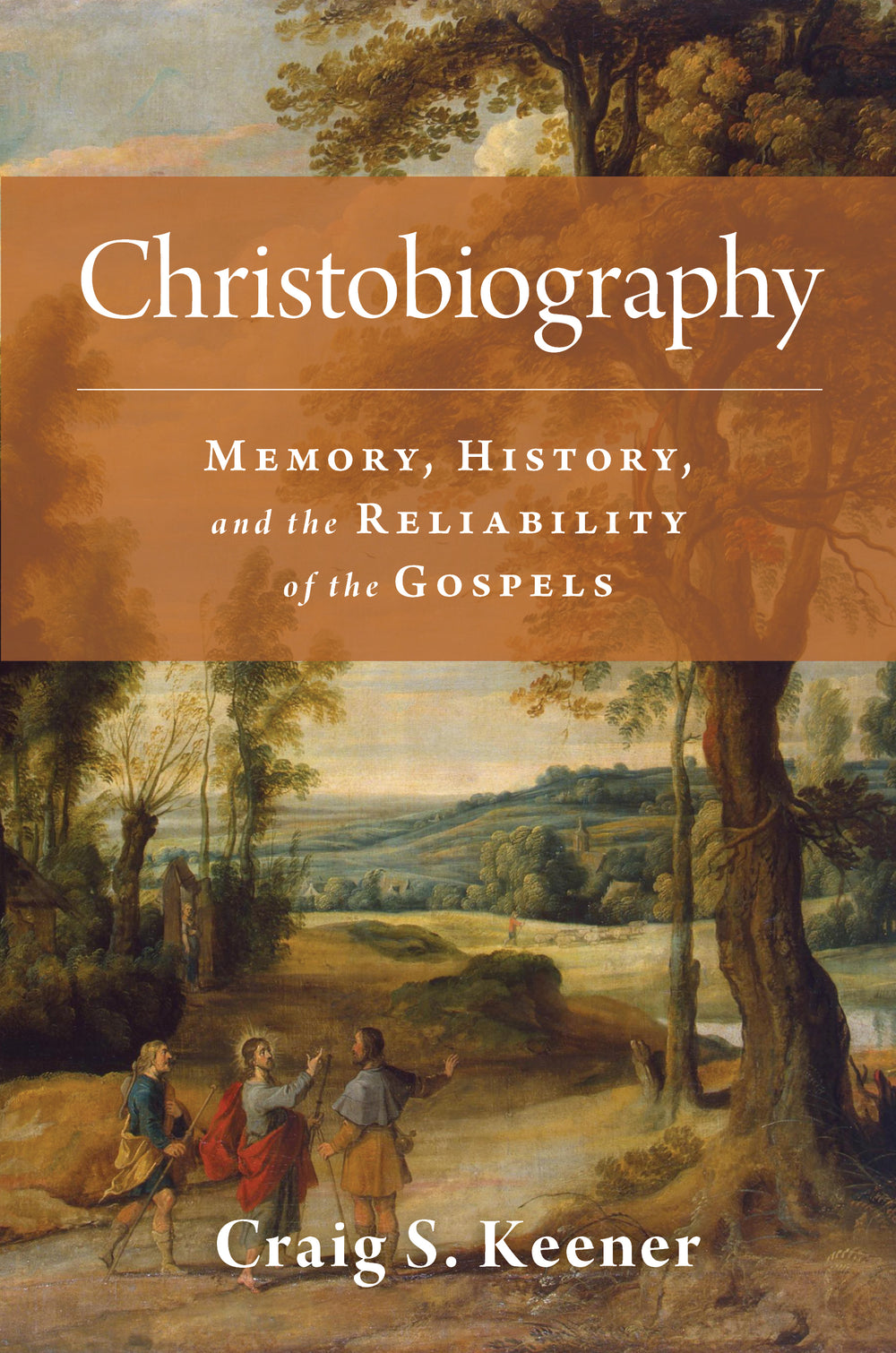Christobiography: Memory, History, and the Reliability of the Gospels
Sign up to be the first to know when it's here
Demonstrates the reliability of the canonical gospels by exploring the genre of ancient biography
The canonical gospels are ancient biographies, narratives of Jesus's life. The authors of these gospels were intentional in how they handled historical information and sources.
Building on recent work in the study of ancient biographies, Craig Keener argues that the writers of the canonical gospels followed the literary practices of other biographers in their day. In Christobiography he explores the character of ancient biography and urges students and scholars to appreciate the gospel writers' method and degree of accuracy in recounting the ministry of Jesus. Keener's Christobiography has far-reaching implications for the study of the canonical gospels and historical-Jesus research.
Table of Contents:
Introduction
Part 1. Biographies about Jesus
2. Not a Novel Proposal
3. Examples and Development of Ancient Biography
4. What Sort of Biographies Are the Gospels?
5. What Did First-Century Audiences Expect of Biographies?
Part 2 Biographies and History
6. Biographies and Historical Information
7. What Historical Interests Meant in Antiquity
8. Luke-Acts as Biohistory
9. Sources Close to the Events
Part 3. Testing the Range of Deviation
10. Case Studies: Biographies of Recent Characters Use Prior Information
11. Flex Room: Literary Techniques in Ancient Biographies
Part 4. Two Objections to Gospels as Historical Biographies
12. What about Miracles?
13. What about John?
Part 5. Memories about Jesus: Memories before Memoirs
14. Memory Studies
15. Jesus Was a Teacher
16. Oral Tradition, Oral History
17. The Implications of This Study
-
Cover Type
-
ISBN
-
Page Count
-
Weight
-
Publisher
-
Publication Date
-
Books of the Bible


